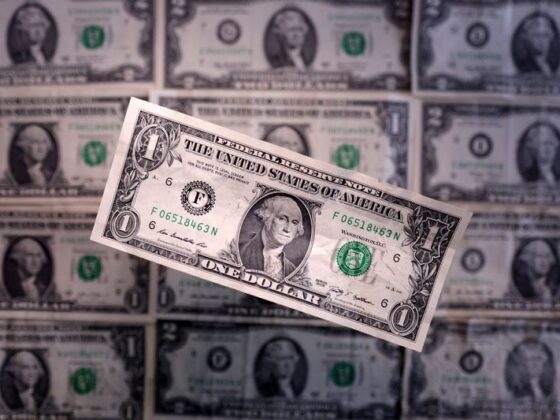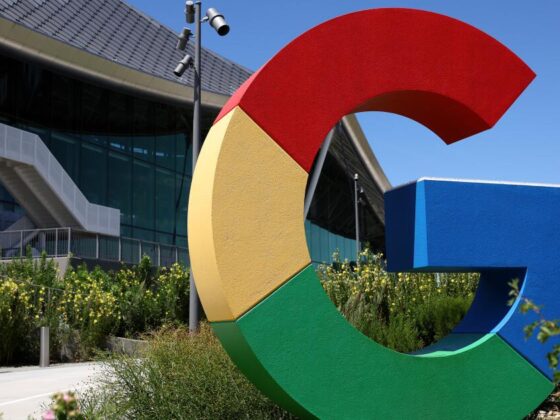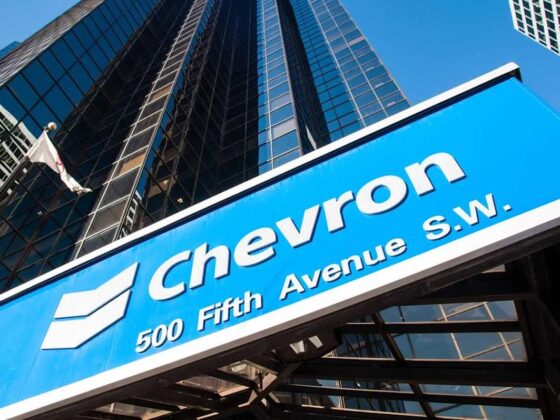By Christina Amann
BERLIN (Reuters) -Volkswagen's Audi could target long-term annual sales of at least 2 million cars, up a fifth from 2024, under a new strategy the premium brand is expected to release later this year, according to a person close to the matter.
The potential target, previously unreported, would be an annual record for the German luxury carmaker and points towards a more aggressive approach after some tough years that have seen its sales slip.
Audi has been a headache for parent Volkswagen, suffering from model launch delays and technological setbacks that have widened a gap with rivals, challenges that are being compounded by U.S. car tariffs that forced the company to cut its outlook.
Under CEO Gernot Doellner, who took the helm in 2023, Audi is currently revamping its strategy and could include the long-term sales target when it briefs the public about its new plans later in the year.
The person did not tie the 2 million vehicle target to a specific year.
For 2025, Audi is targeting vehicle sales of 1.7-1.8 million, following a 11.8% decline to 1.67 million last year.
The upbeat long-term outlook partly rests on greater expectations for the United States – the world's second-largest auto market after China – where Audi could nearly double sales from the roughly 200,000 cars sold annually in the U.S. now, the person said.
Audi declined to comment.
Audi is trailing rivals in the U.S. auto market, which unlike Europe is growing, and is betting that the brand could catch up even though painful import tariffs of 27.5% have cost it 600 million euros ($702 million) in the first half alone.
Like Porsche AG, Audi has no U.S. production site but the division has for a while considered setting one up, with a decision expected this year.
Doellner previously said that any plant in the United States could also serve as an export hub, similar to big local production sites operated by rivals Mercedes-Benz and BMW.
Both an Audi-specific factory as well as producing within Volkswagen's existing footprint are part of the strategic considerations.
Last week, Brussels started the legislative process to lower tariffs on U.S. goods, a precondition for Washington to retroactively cut EU auto import tariffs to 15% from August 1, something it has not done yet.
($1 = 0.8542 euros)
(Reporting by Christina Amann; Editing by Christoph Steitz, Sabine Wollrab and Susan Fenton)













